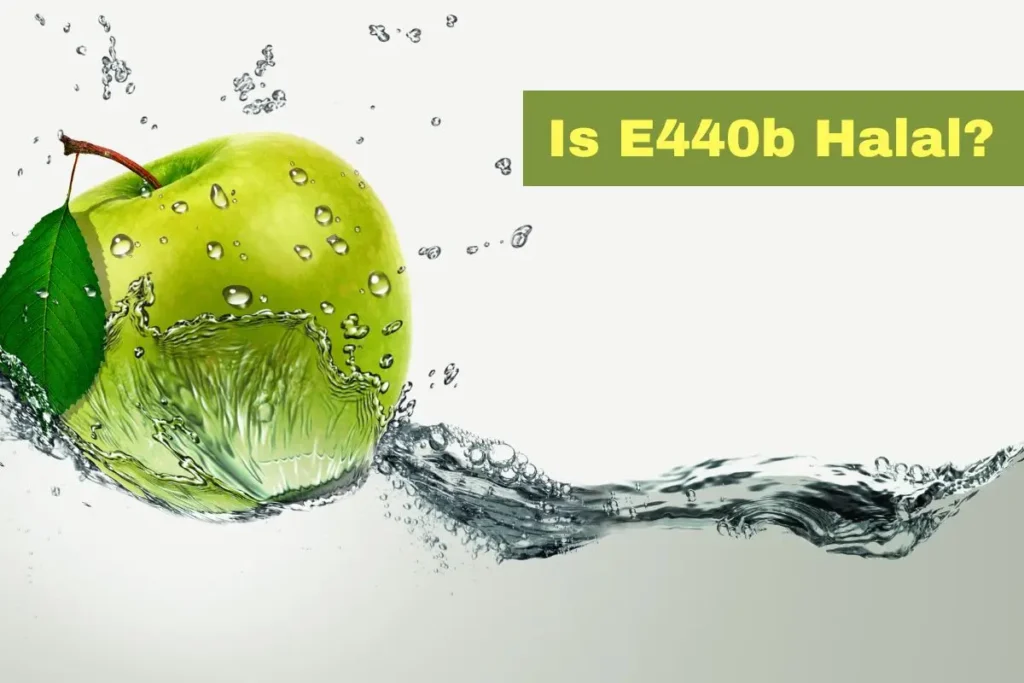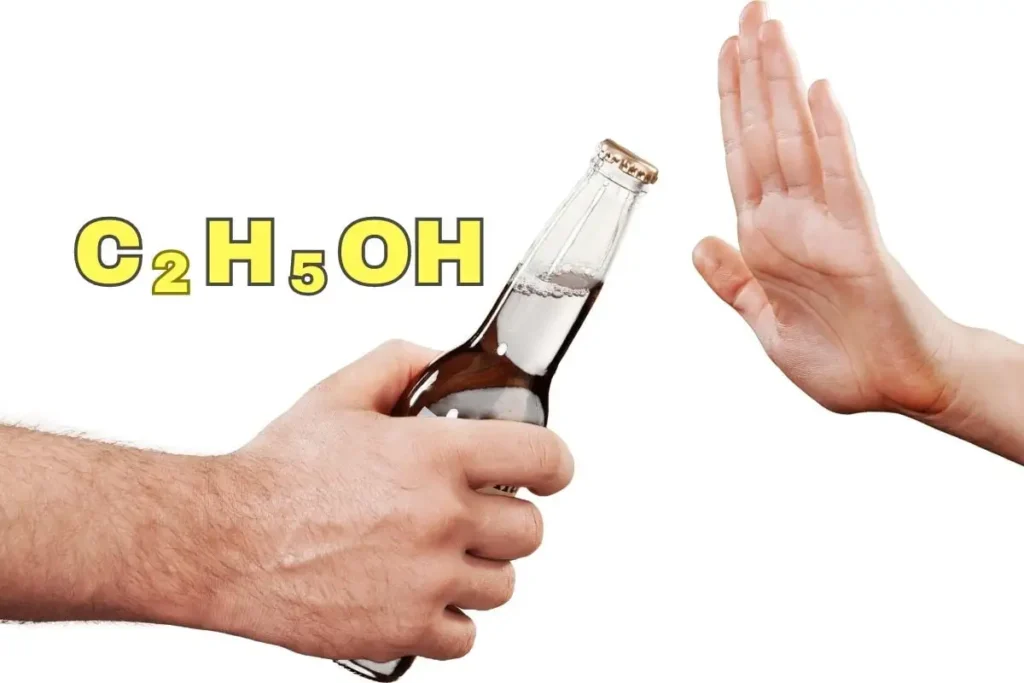Have you ever wondered if the food additive E440b is permissible according to Islamic rulings? In this article, I’ll explore amidated pectin and whether its consumption is halal.
Let’s get started!
Key Takeaways
| 📌 E440b Origin: Derived from citrus fruits, sugar beet pulp, or apple pomace, E440b is amidated pectin, treated for stabilizing foods. |
| 📌 Halal Assurance: Amidated pectin, processed through non-microbial methods, is considered halal, meeting religious criteria for consumption. |
| 📌 Global Approval: E440b, recognized as safe by international regulators, is widely used in various food products like dietary supplements, drinks, yogurt, cream, and processed cheese. |
What Is E440b?
Amidated pectin, commonly designated as E440b, is pectin that has been treated through amidation, a process where the carboxyl groups of pectin are partially reacted with alcohols or ammonia. This treatment neutralizes some of the pectin’s acidity, modifying its gelling behavior.
Chemical Structure
Compared to regular pectin, amidated pectin has carboxyl groups replaced with amide groups through reaction with ammonia or alcohols. This process decreases pectin’s acidity and increases its ability to form stable gels over a wider pH range. The backbone structure otherwise remains the same as pectin.
What Is E440b Made From?
E440b is produced from natural pectin extracted mainly from citrus fruits, sugar beet pulp, or apple pomace using the amidation process.
Possible Side Effects
No adverse effects have been reported from typical dietary intake of amidated pectin. High amounts may cause gastrointestinal discomfort. No allergic potential beyond that of regular pectin has been noted.
Regulations and Guidelines
The US Food and Drug Administration lists amidated pectin as generally recognized as safe for intended use in foods. It has been approved for usage in the EU under E440b.
Dosage and Administration
No maximum limits have been set as amidated pectin consumption depends on its intended use and amount used in food formulations according to standard recipes and processing instructions. Processors must adhere to Good Manufacturing Practices.
Is E440b Halal or Haram?
Since E440b amidated pectin is produced through a physical, non-microbial process from permissible plant sources, most Islamic scholars agree its usage is halal (permissible), provided manufacturing meets religious criteria. As with regular pectin, its addition does not alter the nature of foods.
Find out more:
Is E440a Halal or Haram?
Is E441 (Gelatine) Halal or Haram?
Conclusion
Amid the intricacies of its chemical dance, this stabilizing agent stands approved on the global culinary stage. Let E440b be a testament to meticulous processes, a symbol of halal commitment, whispering assurance in every gel, every stabilizing embrace, and every creamy creation it graces.
As the curtain falls, let confidence reign in the choices we make, for in understanding E440b, we unravel not just an additive but a tale of purity in the culinary realm.
Allahu A’lam (Allah Knows Best)
FAQ
What is the source of E440b?
It is derived from citrus fruits, sugar beet pulp, and apple pomace through amidation of the extracted pectin.
Is E440b safe for consumption?
Yes, amidated pectin is generally recognized as safe when used properly according to international food safety regulators.
What are some common food products that contain E440b?
It is used to gel, stabilize, and thicken dietary supplements, drinks, and dairy products like yogurt, cream, and processed cheese.
What is the CAS number of E440b?
The Chemical Abstracts Service number assigned to amidated pectin is 7732-18-5.
H3 Is E440b banned in any country?
No, amidated pectin is permitted for food use worldwide based on standard regulations, with no reported bans on this additive.
- Is Pop Tarts Halal? What You Need to Know - February 18, 2024
- Are Graham Crackers Halal in Islam? - January 19, 2024
- Is Keebler Wheatables Halal? - January 18, 2024





